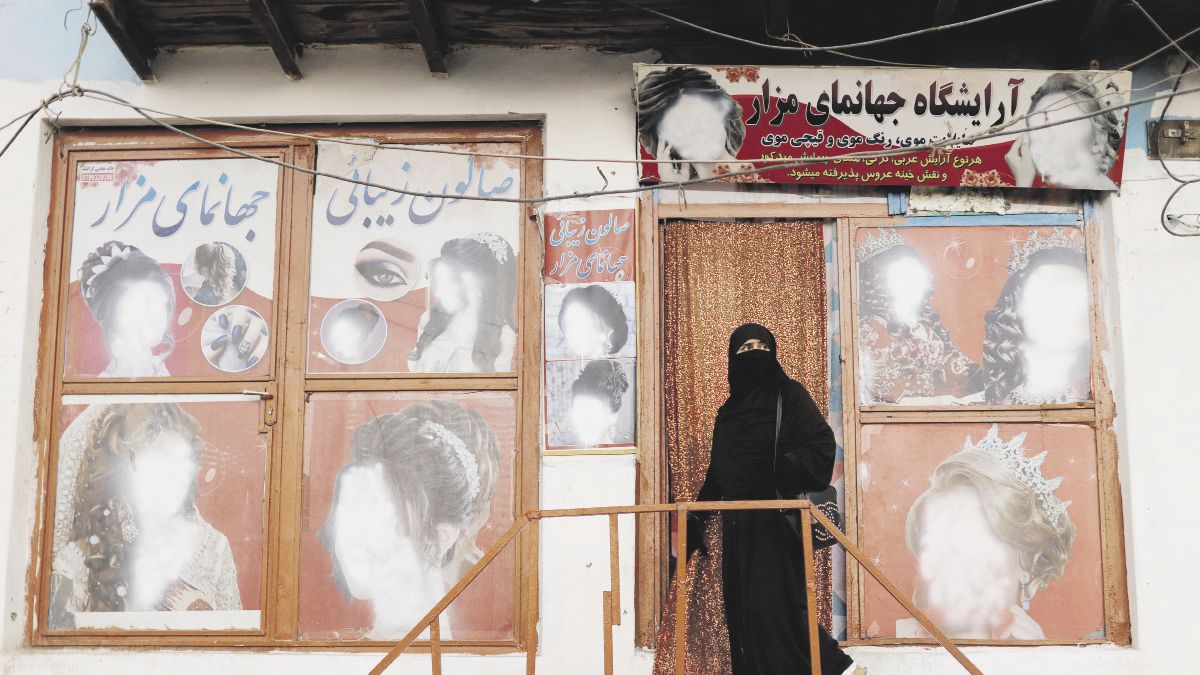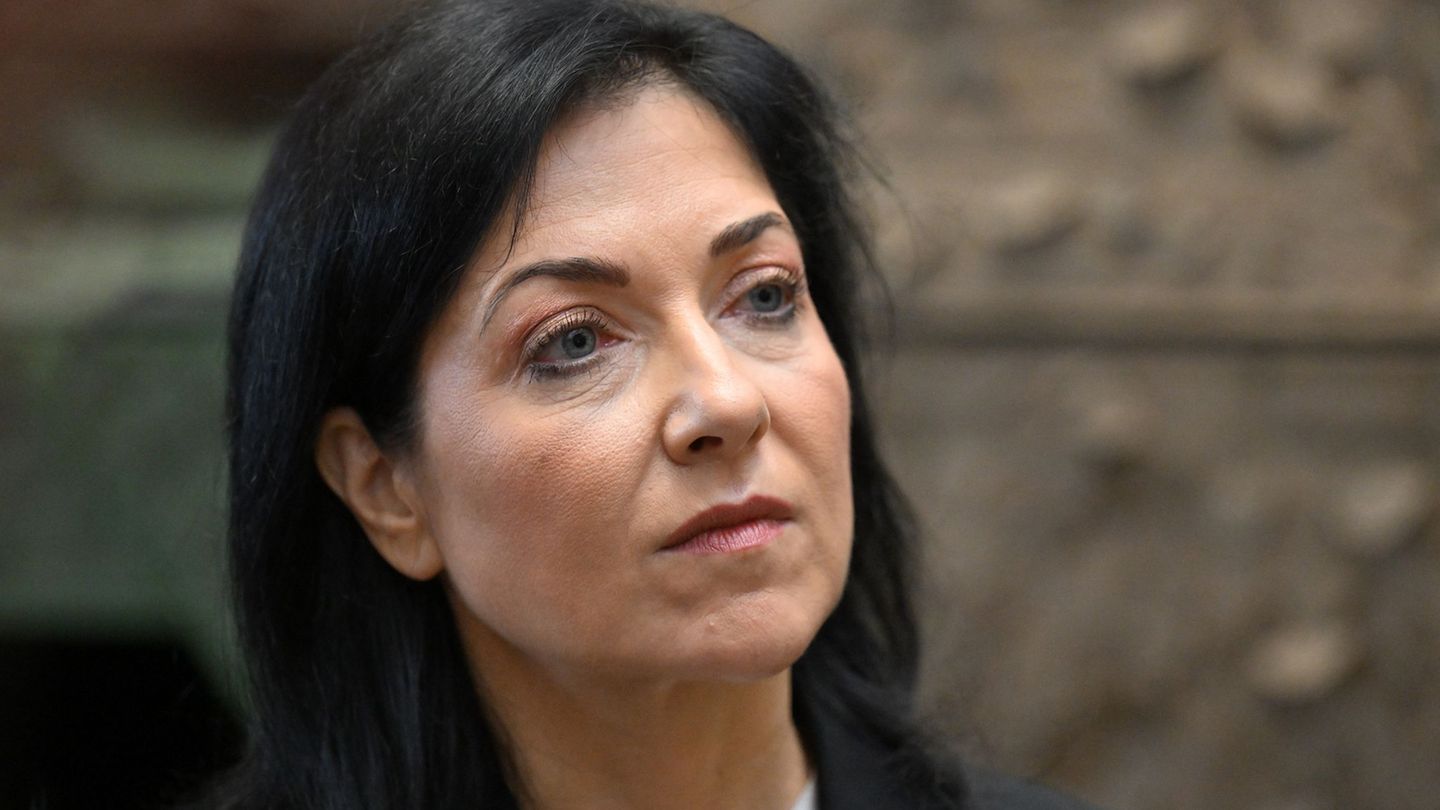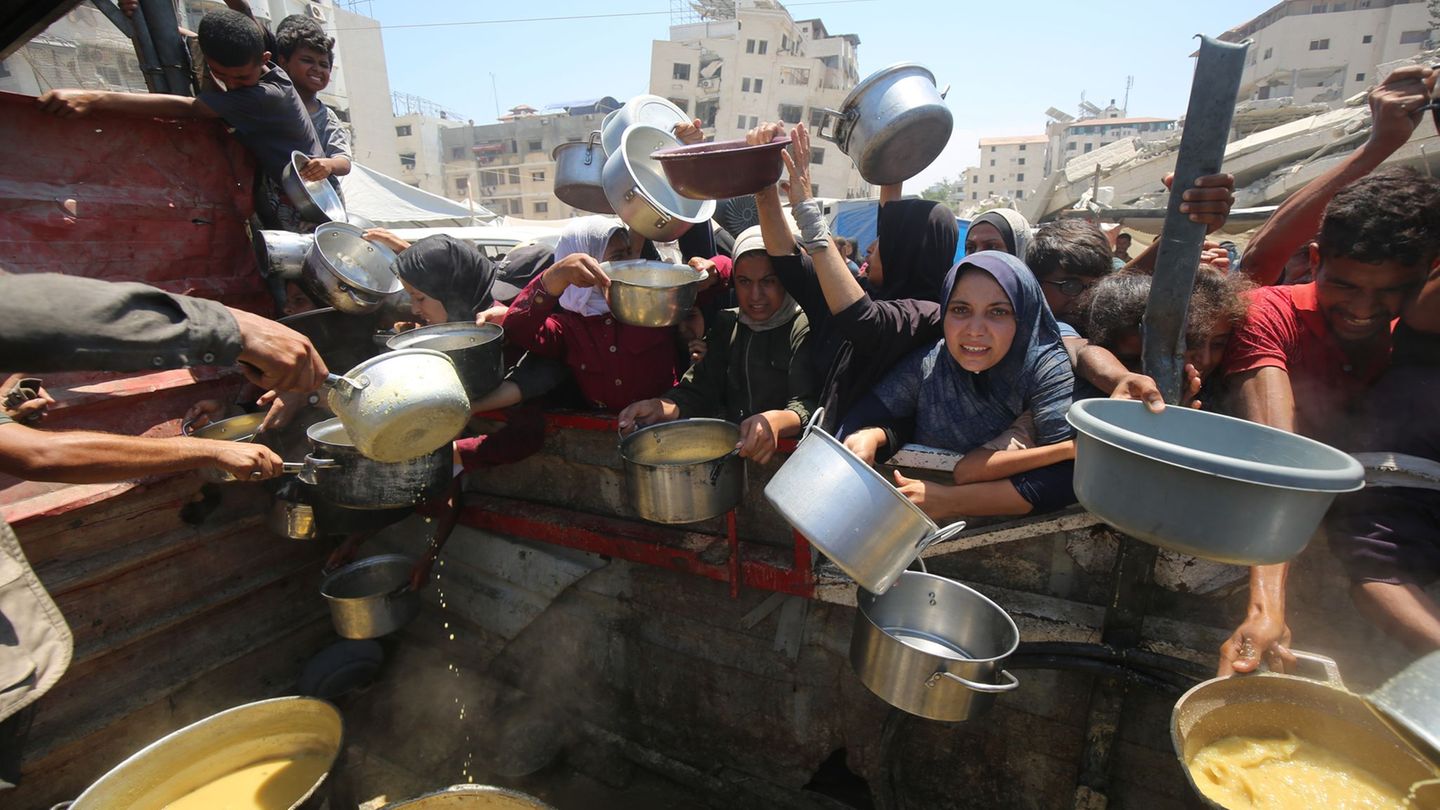Kabul – The ultra-Islamist regime of the Taliban yesterday ordered the closure of beauty salons throughout Afghanistan within a month, in a new measure to remove women from public space.
This decision will cause the disappearance of thousands of businesses, run by women, often the only resource for their families, and one of the last spaces of freedom and sociability for Afghans.
“I think it would be better if women didn’t exist in this society,” the manager of a salon in Kabul said sadly, requesting anonymity. “I say it now: I would like not to exist. I wish we hadn’t been born in Afghanistan,” she reiterated.
Since their return to power in August 2021, the Muslim fundamentalist Taliban have excluded women from most secondary schools, universities and public administration.
They are also not allowed to work for the UN and international organizations, access parks, gardens, gyms or public bathrooms, or travel without being accompanied by a male relative, and they must fully cover themselves when leaving their homes.
The new measure, evoked days ago on social networks, was confirmed by Mohamad Sadeq Akif Muhajir, the spokesman for the Ministry for the Prevention of Vice and Promotion of Virtue.
The spokesman did not justify the decision. “Once they have been closed, we will give the reasons to the media,” he declared.
A month has been given for the closure so that businesses can exhaust their stocks, he explained.
According to the decree, the decision “is based on a verbal instruction from the supreme leader” of the Taliban, Hibatullah Akhundzada.
Beauty salons proliferated in Kabul and large Afghan cities during the 20-year occupation by US and NATO forces.
These venues were seen as a safe space for women to meet without the presence of men and allowed many Afghans to start their own businesses.
“Women were used to talking, gossiping. Here there was no fighting, there was no noise,” explained an employee of a beauty institute, who asked to be called “Neelab.”
“When we see happy and energetic faces, it gives us life too. The halls have a very important role: this place allows us to feel good, ”she added.
Another manager says that she employs 25 women, all of whom are heads of household. “They are devastated. What do they have to do?” she wondered.
In a report submitted last week to the United Nations Human Rights Council, Richard Bennett, the special rapporteur for Afghanistan, said the situation for women in that country “is one of the worst in the world.”
Source: Ambito




